Coffee shop with offensive sign
It was a poster that was put up in front of the store while the business was undergoing interior renovations.
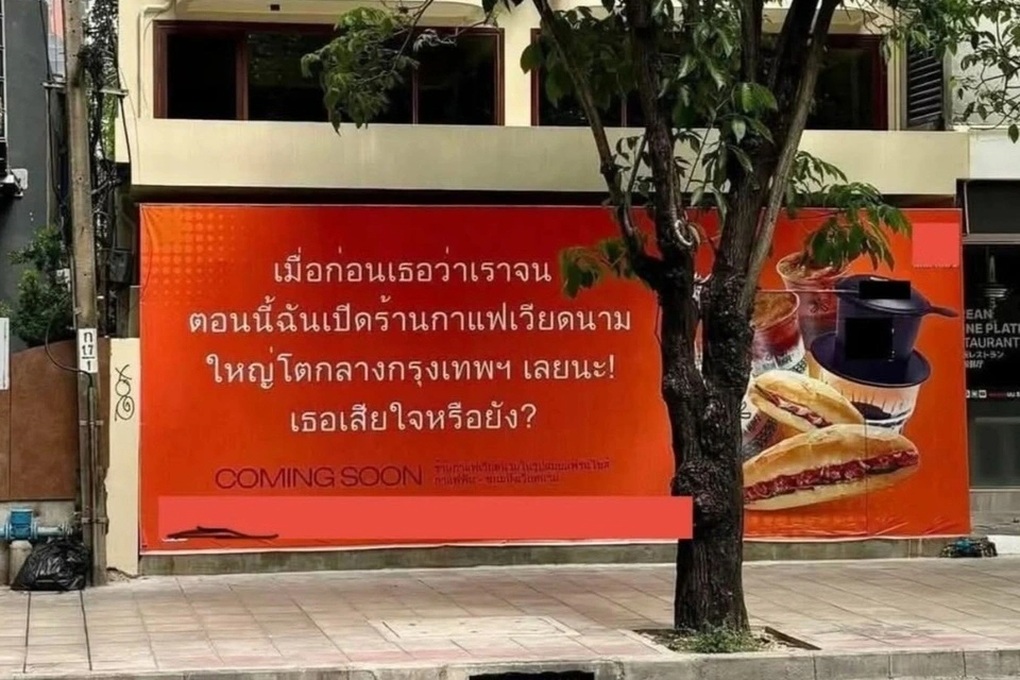
The poster has a line of text printed in Thai, roughly translated as “You used to say I was poor, but now I’ve opened a magnificent Vietnamese coffee shop in the heart of Bangkok! Do you regret it yet?”
In fact, this type of signboard writing motif is considered quite familiar on Vietnamese social networks. It is usually a humorous joke. Many restaurants have applied this type of content to advertise to attract customers.
However, in the context of Thai culture and language, local people feel uncomfortable.
The post about the coffee shop attracted a lot of interaction on social networks in the land of the Golden Pagoda with many mixed opinions. Many people commented that this way of speaking was disrespectful and showed a lack of understanding of local culture.
“I don’t know what they mean by that. But as a customer, when I see this line, I feel like my economic conditions are being looked down upon,” one account commented.
According to research, this is an incident of a coffee brand called AK originating from Hue , with 4 branches in this locality.
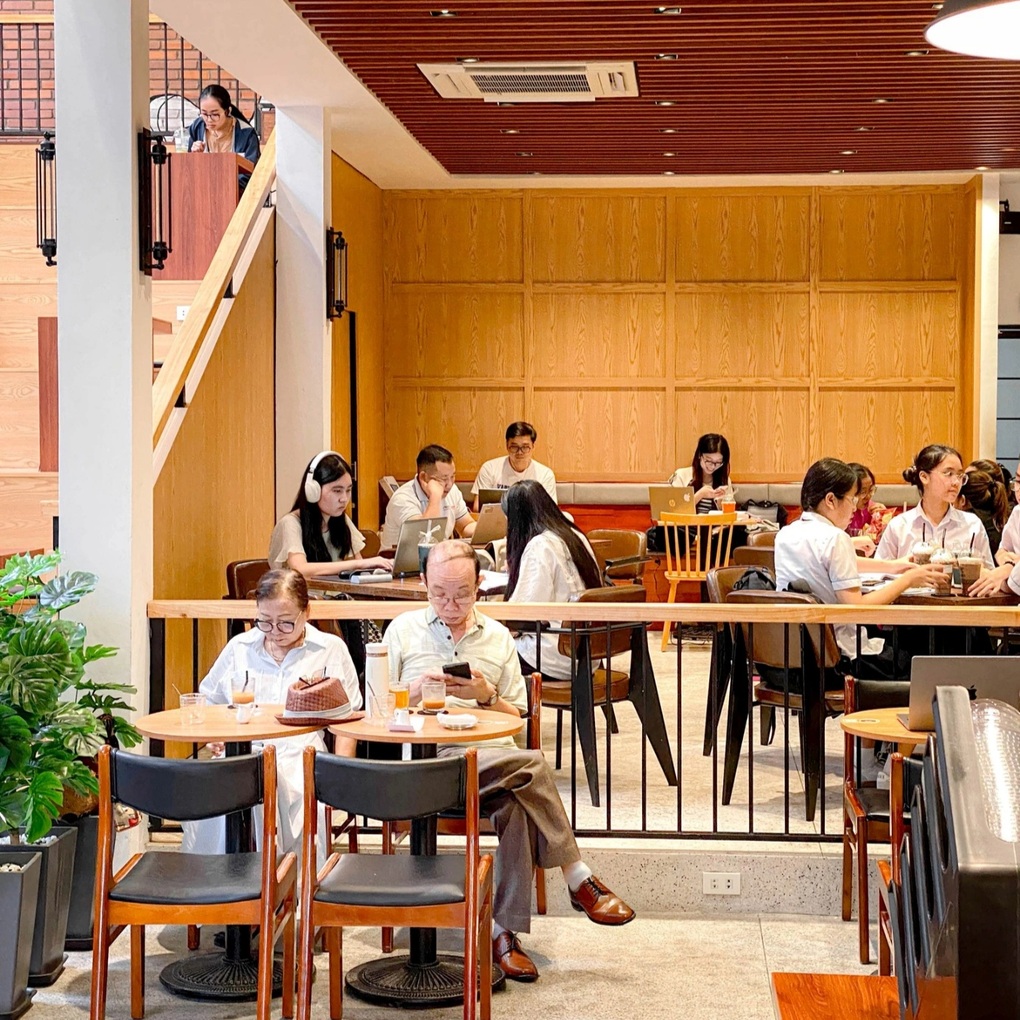
Dan Tri reporters contacted the business, but they refused to answer because of the surrounding controversy.
According to the latest information, to correct the mistake, the coffee shop has now covered the signboard on the street in Bangkok with black cloth and sent a public apology on its personal page.
Touching cultural limits, brands can be killed
From the unfortunate incident of a Vietnamese coffee shop in Thailand, Mr. Tran Trung Hieu, an expert in the F&B industry ( food and beverage), commented that the F&B industry has an extremely close relationship with culture.
When opening a store in any area, the first thing to do is to understand the culture of that area, from food preferences, aesthetic tastes to the way local people communicate.
In this case, according to Mr. Hieu, the above coffee shop had a careless way of communicating, did not verify carefully, and used jokes that were not appropriate to the context or local culture.
A joke on social media in Vietnam may be acceptable, but when brought to Thailand (or other countries) it can be misunderstood as an insult. Once a cultural clash occurs, the consequences can be extremely negative and difficult to fix.
"When doing communications, understanding how local people perceive your message is vital. If you only follow the subjective, willful will of the brand owner and ignore cultural factors, it is easy to lead to conflicts and make serious mistakes," said Mr. Hieu.
This expert believes that even if the behavior comes from an unintentional desire to create something new, but accidentally touches cultural limits, that brand can be completely terminated.
Foreign brands need to be very careful when trying to win the hearts of local people. If the first impression is bad, the journey to restore trust will be extremely difficult, especially when the brand comes from another country.
In the case of the Vietnamese coffee shop mentioned above, due to not understanding Thai culture, it led to a strong reaction from the public.
Mr. Hieu also believes that, not only in Thailand or anywhere in the world, if a brand does not respect and integrate with local culture, but instead causes harm to the local community, the possibility of being rejected is very high.
“Not long ago, a famous Chinese milk tea brand entered Vietnam but failed because of an inappropriate approach. This shows that no matter how big or powerful a brand is, once it loses consumer trust, it is very difficult to restore it,” Mr. Hieu analyzed.
More regrettably, when an incident occurs, consumers will judge both the brand and the country of origin. This seriously affects the country's image when many businesses are trying to build a professional and friendly Vietnam in the eyes of international friends.
Therefore, any Vietnamese brand when expanding abroad needs to understand that this not only represents the business, but also the image of a country.
Source: https://dantri.com.vn/du-lich/tam-bien-noi-dung-la-cua-quan-ca-phe-viet-nam-o-thai-lan-gay-tranh-cai-20250609100631778.htm










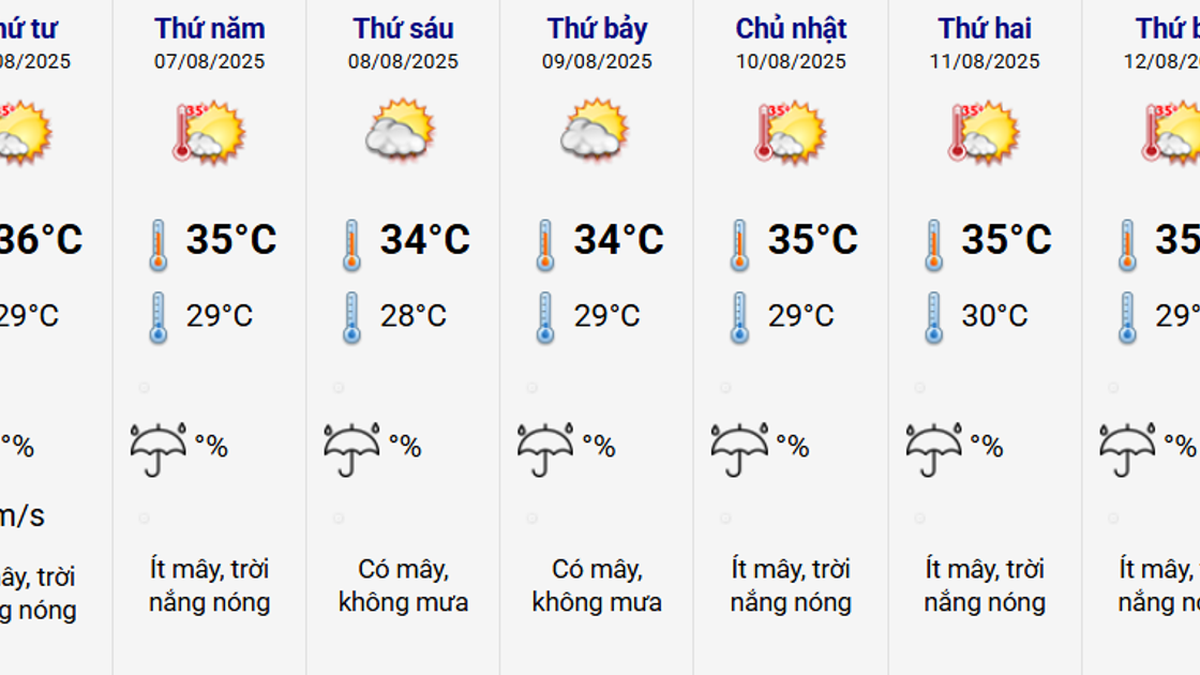
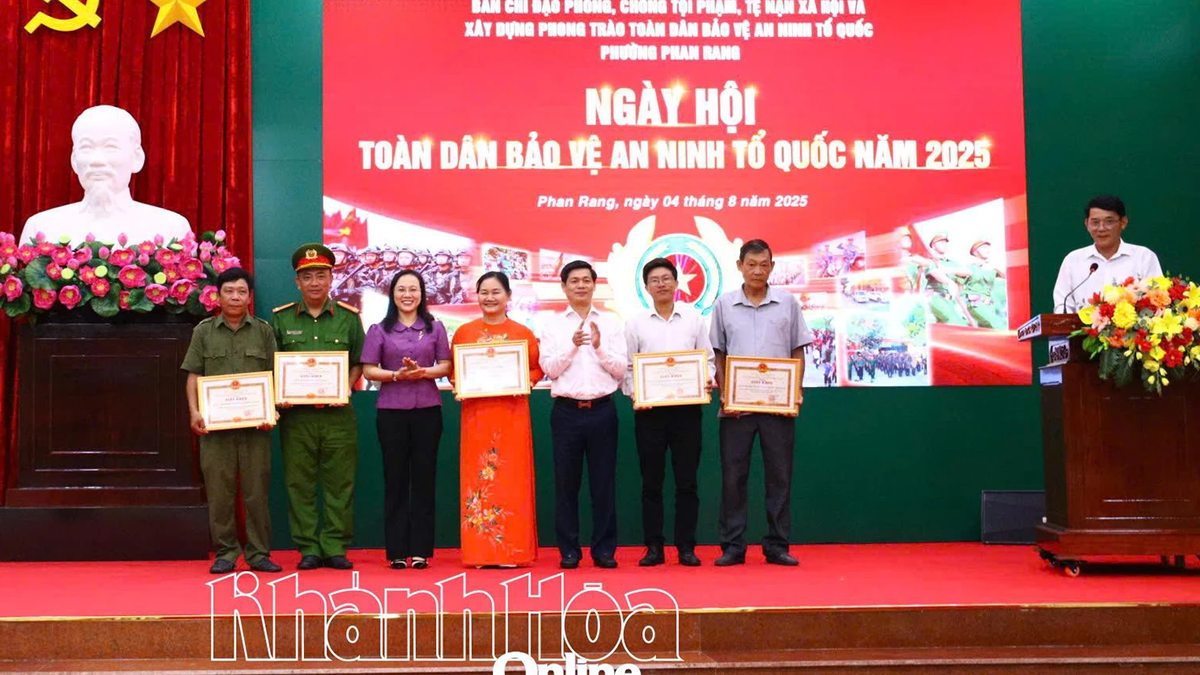












































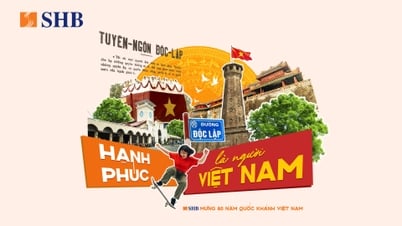
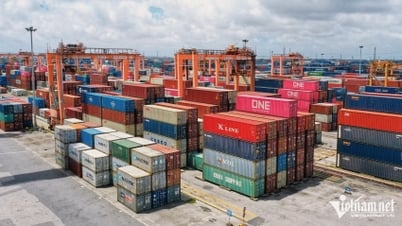








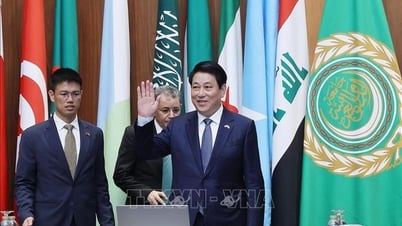



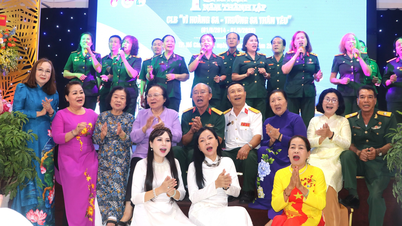



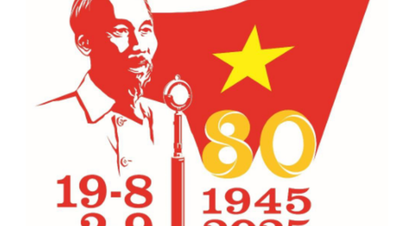
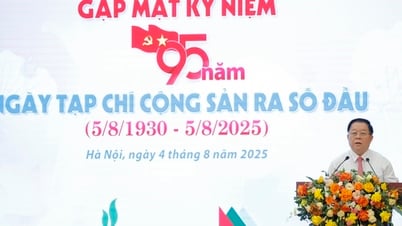

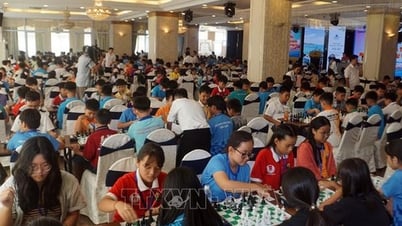



















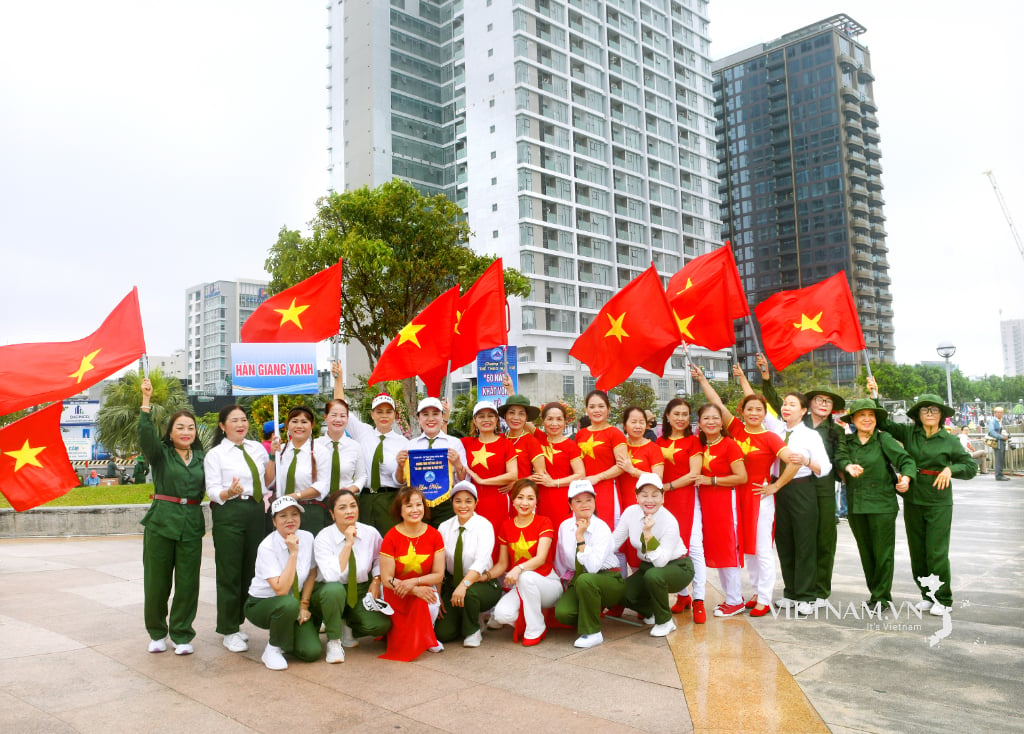
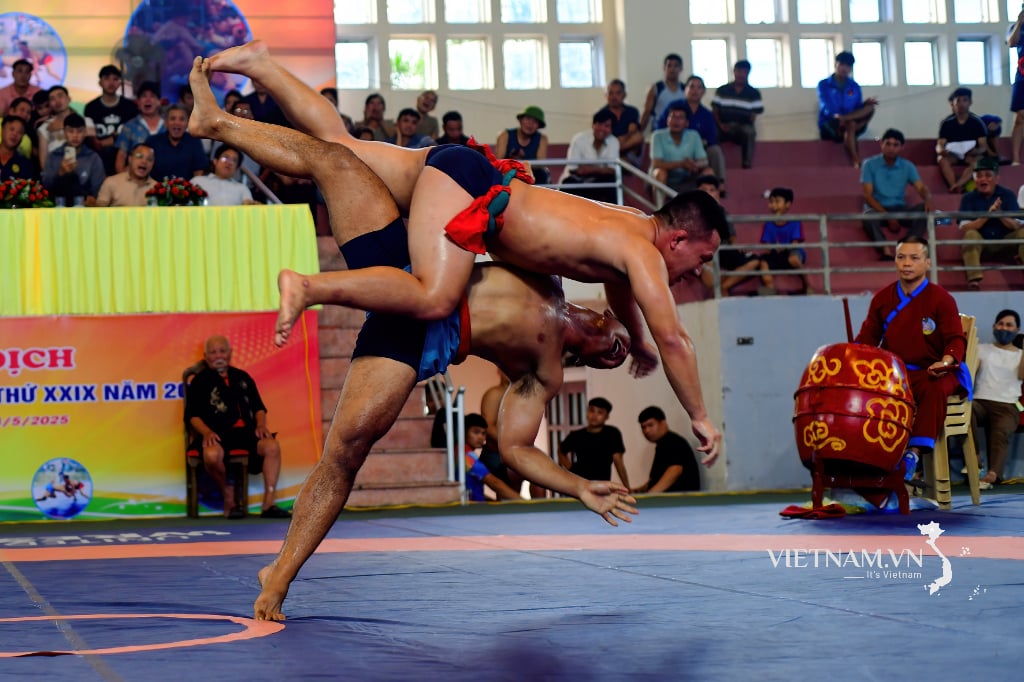
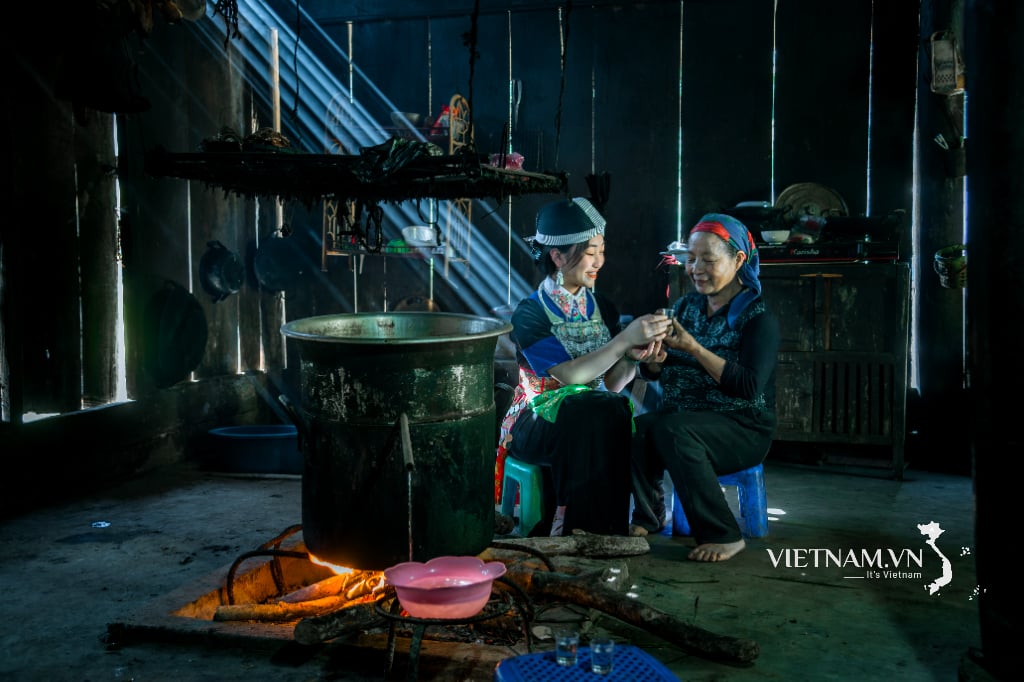
Comment (0)